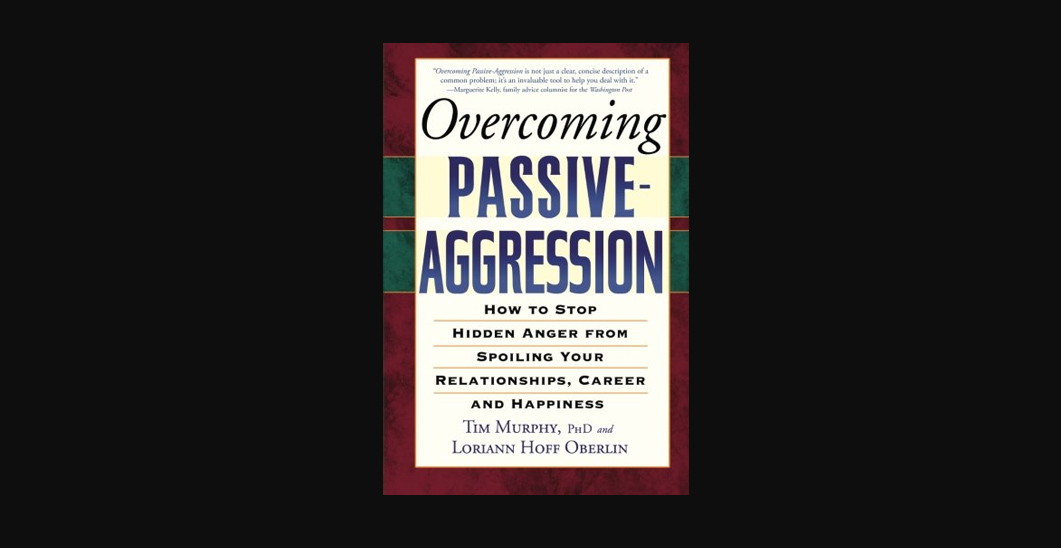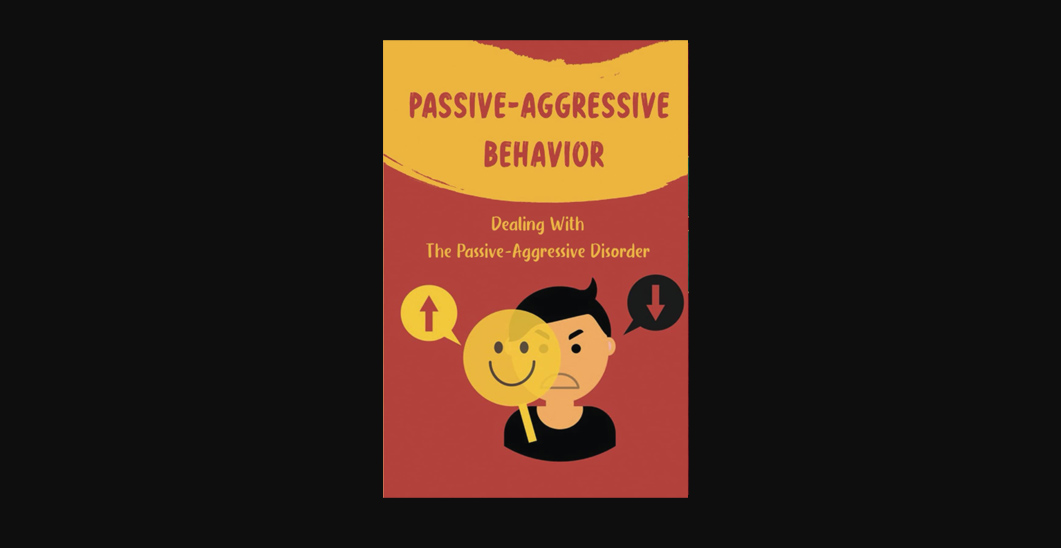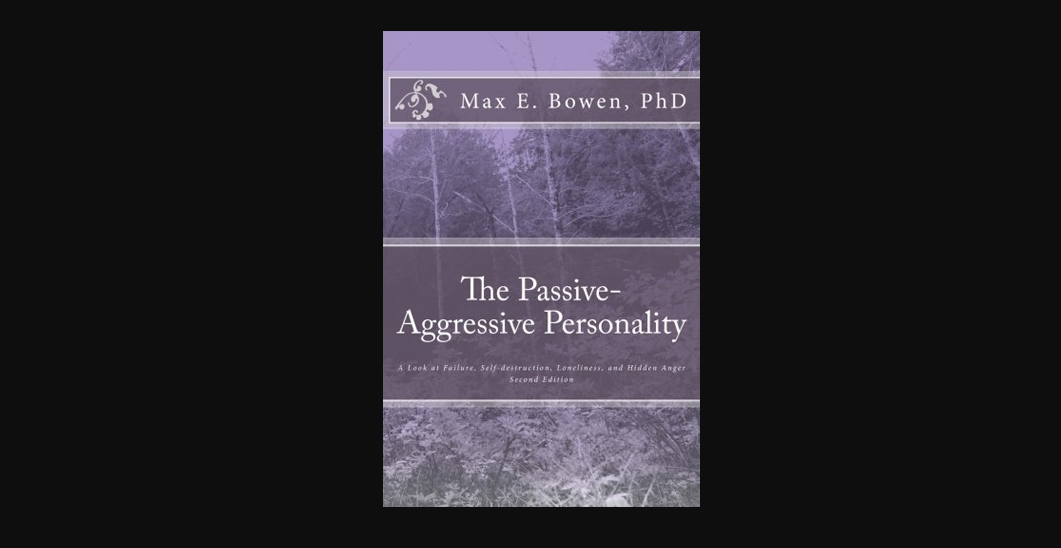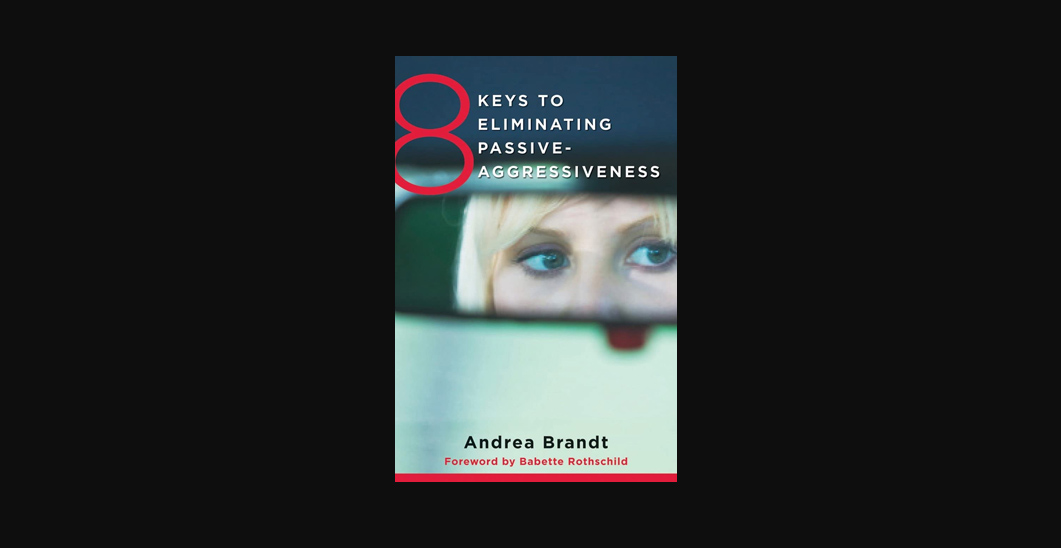Simply put — Passive Aggression refers to forcefully suppressing one’s true feelings or emotions to express opposing ones. A passive-aggressive person develops a pattern of addressing negative feelings indirectly, and there is a conspicuous disconnect between what they say/do and what they truly believe in.
Passive aggressive behavior frequently includes defiance/resentment and opposition to others’ demands; the other tell-tale signs are non-cooperation, obstinacy, emotional aloofness, procrastination, cynical and hostile attitude, inability to apologize and admit one’s mistakes, and frequent complaints about being underappreciated or cheated.
It is not a mental illness but it does stem from psychological deficiencies like an unreasonable fear of losing control, deep-seated insecurities, or a lack of self-esteem. It is an unhelpful coping/defense mechanism to deal with stress, anxiety, depression, insecurity, conflict, or rejection. It arises from frustrated or unmet needs and a deep grudge against those toward whom the passive aggression is directed.
Passive aggressive people are very likely to have unsatisfying relationships as their negative attitude takes a toll on their loved ones. Following is a list of the top 5 books on passive aggression to help you deal with and/or overcome the problem in you or your loved ones.
1) Overcoming Passive Aggression

Author: Tim Murphy (Ph.D.) and Loriann Hoff Oberlin
Print Length: 336 pages
Language: English
Passive aggressiveness is an unhealthy coping mechanism that we all have frequently experienced (in us or others around us) but have rarely recognized. As the name suggests — passive aggression is all about hidden anger. When people don’t freely express their thoughts, emotions, opinions/views, they feel compelled to conceal their true emotions and beliefs, their actions do not match up with their words and this often results in serious physical and psychological repercussions (for them and those around them).
The book is a practical and helpful guide for passive aggressors that teaches them to end the behavior in themselves; it is also a valuable one for those who are victims of such behavior. It is important to learn how to first identify the signs of passive aggression/hidden anger. The book contains practical, proven strategies for the angry person as well as the individual who is a target of someone else’s hidden anger. Overcoming passive aggression will not only help you heal yourself but will also salvage your significant relationships.
Amazon Link: https://www.amazon.com/Overcoming-Passive-Aggression-Revised-Relationships-Happiness
2) Passive-Aggressive Behavior: Dealing With The Passive-Aggressive Disorder

Author: Jerald Musilli
Print Length: 32 pages
Language: English
Passive aggressive people are mostly forceful in a roundabout way, rather than in a direct way. They are aloof and obstinate. The book contains helpful instructions to recuperate yourself, tips to managing your uninvolved forceful way of behaving, learning about the negative impact it could have on your marriage, managing the latent forceful issue in kids, and from there the sky’s the limit!
3) The Passive-Aggressive Personality: A Look at Failure, Self-destruction, Loneliness, and Hidden Anger

Author: Max E.Bowen (Ph.D.)
Print Length: 74 pages
Language: English
The book provides a developmental approach to understanding passive aggressiveness by tracing the origins in childhood, evolution through teen years/adolescence, and how passive aggressiveness negatively impacts the lives of the person practicing it and those around them. A passive-aggressive person is chronically unhappy and their interpersonal relationships can be just as frustrating. The author also outlines the behavioral characteristics of a passive-aggressive person. Guidelines in the book are for both the passive-aggressive individual and those who deal with/interact with them.
4) 8 Keys To Eliminating Passive-Aggressiveness

Author: Andrea Brandt
Print Length: 224 pages
Publisher: W.W.Norton & Company
Language: English
Many people find it difficult to say ‘no’ and end up torturing their souls by ‘yessing’ and pleasing the people around them. Their actions contradict their words, resulting in passive aggression. When you are not true to yourself, you invariably end in confusing relationships because you cannot maintain a clean and transparent one. This is unfair to all involved in the relationship. Passive aggression is learned as a coping mechanism in childhood and is sometimes hard to break unless you take up a mission to change yourself for the better. Transformation comes through the right knowledge, availability of tools, and constant practice.
What you need is healthy assertiveness to communicate more effectively with the significant people in your life, and this can be done through 8 constructive ways — recognize your hidden anger, reconnect your emotions to your thoughts, listen to your body, set healthy boundaries, communicate assertively, interact using mindfulness, disable the enabler, and problem-solve for better outcomes.
5) Passive-Aggressive: Simple Steps To Save Your Marriage and Relationship

Author: Nadene Hofman
Print Length: 48 pages
Language: English
If you have been dealing with a belittling spouse who embarrasses you in public by yelling at you or humiliating you, don’t take it lying down. It’s time to put an end to marital negligence and apathy by breaking free of bad relationship habits that mar marital bliss. Rekindle love and start living a happier life by confronting this difficult issue. It never helps to detach and stop communication in marriage. Passive aggressiveness is when one of the partners creates emotional distance from the other and goes days without talking to them. The growing distance could be because of alcohol or drugs. No apologies will follow because they never learn to apologize or look at their mistakes.
This book serves as an essential relationship guide to heal growing rifts between partners. As the title suggests, the author outlines simple steps or formulas that you can implement to bring the magic back into your marital life and save a lot of needless pain and suffering.

